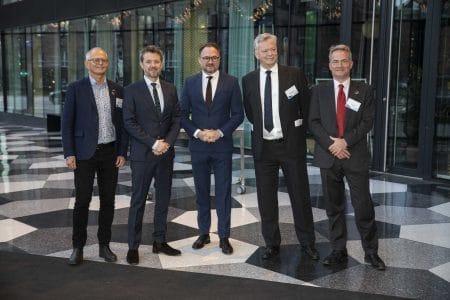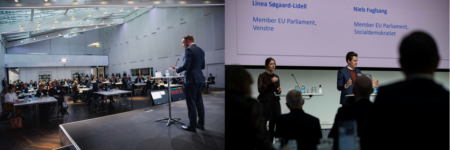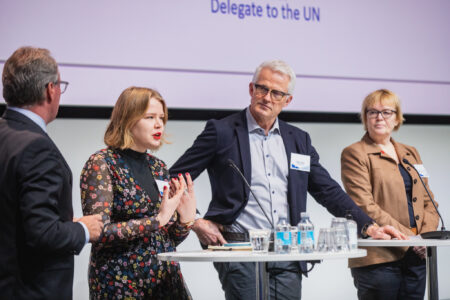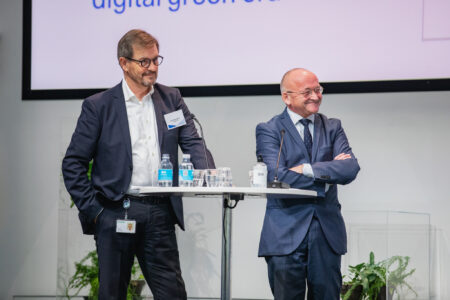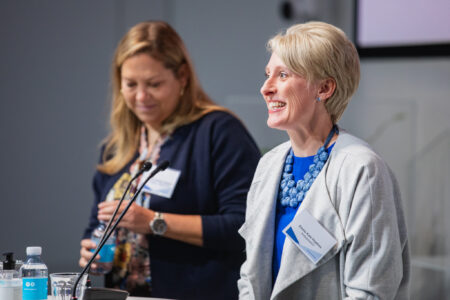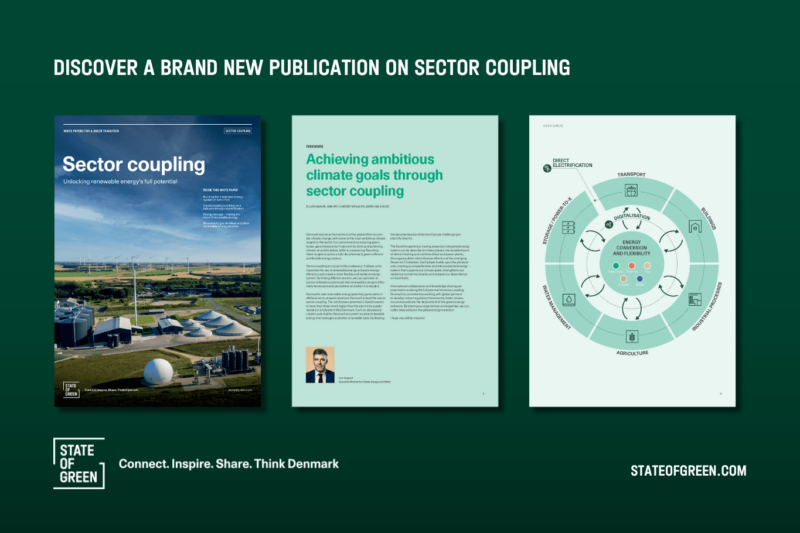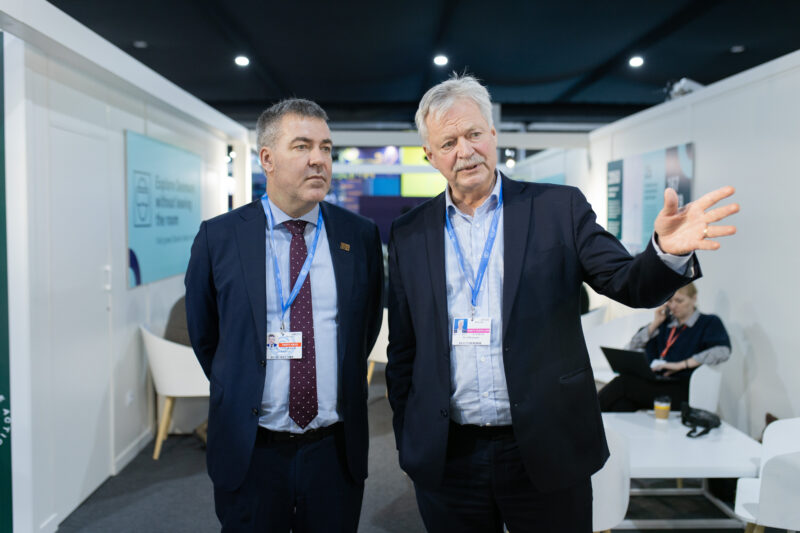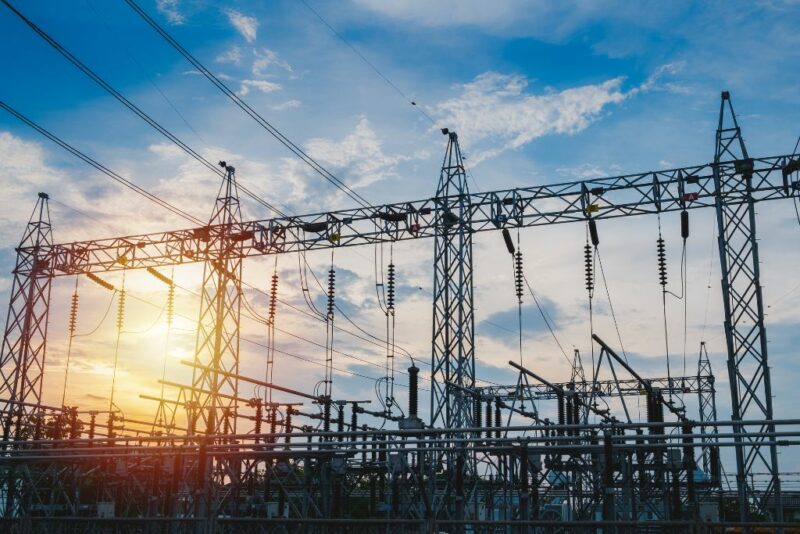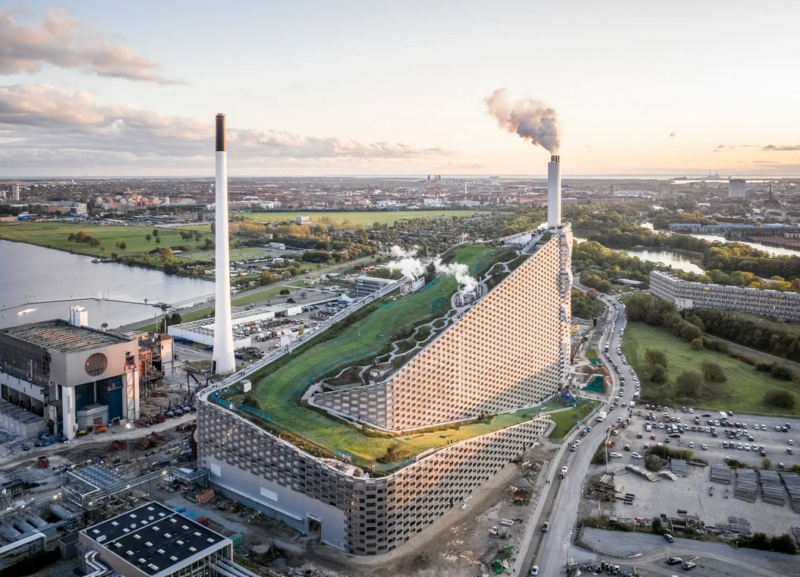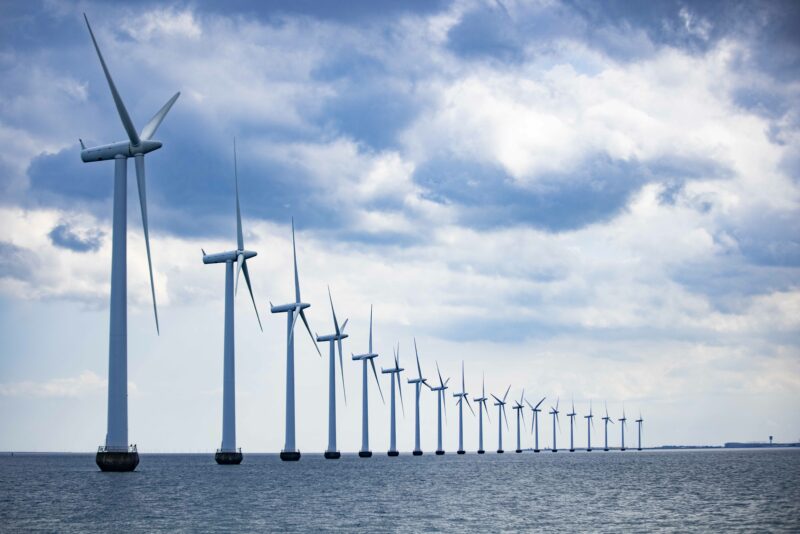News
2030 Countdown: How do we ensure a just transition?
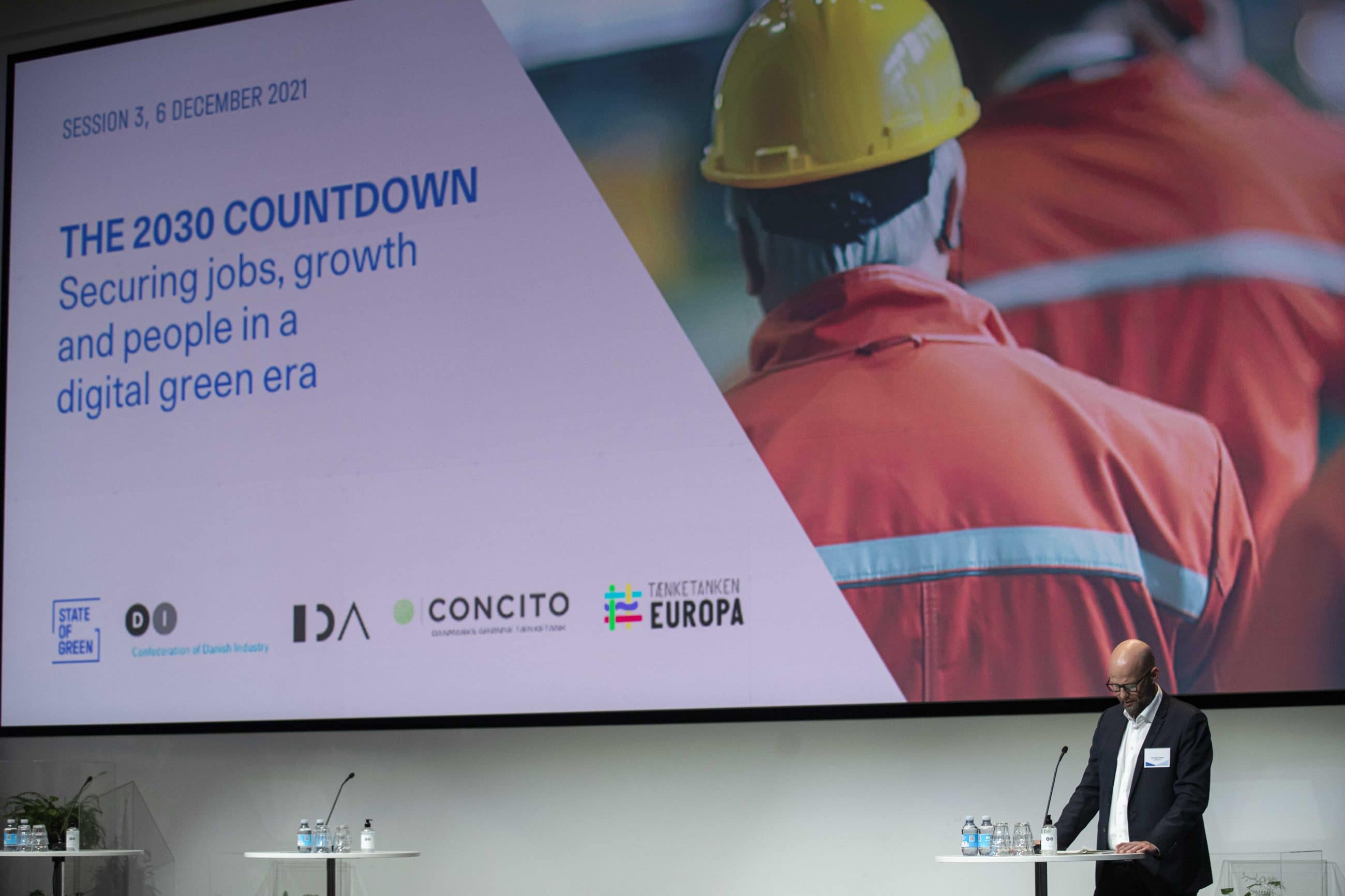

At Industriens Hus in inner Copenhagen, His Royal Highness Crown Prince Frederik opened the 2030 Countdown Conference in front of full a crowd. As patron of State of Green, the Crown Prince welcomed high-level speakers and participants from across Europe for a discussion on how to secure livelihoods while working for a green transition towards 2030?
On the one hand, clean energy transitions will create jobs and ensure a cleaner, healthier world. But on the other hand, communities across the planet are facing challenges brought about by this very same transition. When we phase out fossil fuels, companies will eventually close, and jobs will disappear. In leaving no one behind, industry players, countries and international organisation need to find ways to help all part of the society to benefit from the transition.
Next up in thee speaker line-up, Climate Minister and Chair of IEA's Global Commission on people-centered clean energy transitions, Dan Jørgensen, spoke about putting people at the heart of green transitions. Following the minister's keynote, the discussion took a European turn and looked at EU's role in securing a green and just transition in the wake of COP26.
Linea Søgaard-Lidell, Member of European Parliament from Venstre, and Niels Fuglsang, Member of European Parliament from the Social Democrats, took stage before Moustapha Kamal Gueye who heads the Green Jobs Programme under the International Labour Organisation joined from Geneva.
The private sector’s take on just transition
Following a short break, the private sector debated how government action may drive private investments. The panel consisting of top executives from Ørsted, the Confederation of Danish Industry, DanChurchAid and Youth Delegate to the UN, Emma Turkki, largely agreed that the solutions and technologies are currently available, but that it is now down to the regulatory framework. The panel also discussed the role of biodiversity and how to secure a global buy-in that caters to the needs of the developing world.
The conference’s sixth discussion revolved around ‘innovating future labour markets for the green transition’. In the panel was Vestas’ Morten Dyrholm, CEO at PensionDenmark Torben Möger Pedersen, Chair of SYNERGI Bendt Bendtsen and Samantha Smith who is Director of Just Transition Centre at the International Trade Union Confederation. At the centre of discussion was upskilling and competence development as the world goes from fossils to renewables and from combustion engines to electric vehicles.
Finally, the conference wrapped up with a panel on decarbonizing the hard-to-abate sectors in a just way. On stage was Henriette Hallberg Thygesen from A.P. Møller Mærsk, the British Ambassador to Denmark Emma Hopkins and CEO at FLSmidth Thomas Schulz. The latter stressed that 75 per cent of all infrastructure by 2050 does not exist today. The road ahead therefore requires great emphasis on decarbonising building materials, minerals, cements, and metals for the new developments. In this regard, thousands of jobs and supply chains have to adjust and adapt to a new, greener reality. With more than 700 ships across all corners of the world, Henriette Hallberg from Mærsk highlighted the need for strong regulations and the crucial aspect of inviting the developing world to co-create and define the journey ahead.
Hosted by Lykke Friis from the Think Thank Europa, the conference was the third in a row of three focusing on just transition towards 2030. All events were hosted in collaboration between CONCITO, IDA and State of Green.
Revisit the full event here.
You should consider reading
Perspective
Sector coupling
+9
New white paper: Unlocking the potential of renewable energy through sector coupling
23 October 2024solutions
Combined heat and power production
+6
